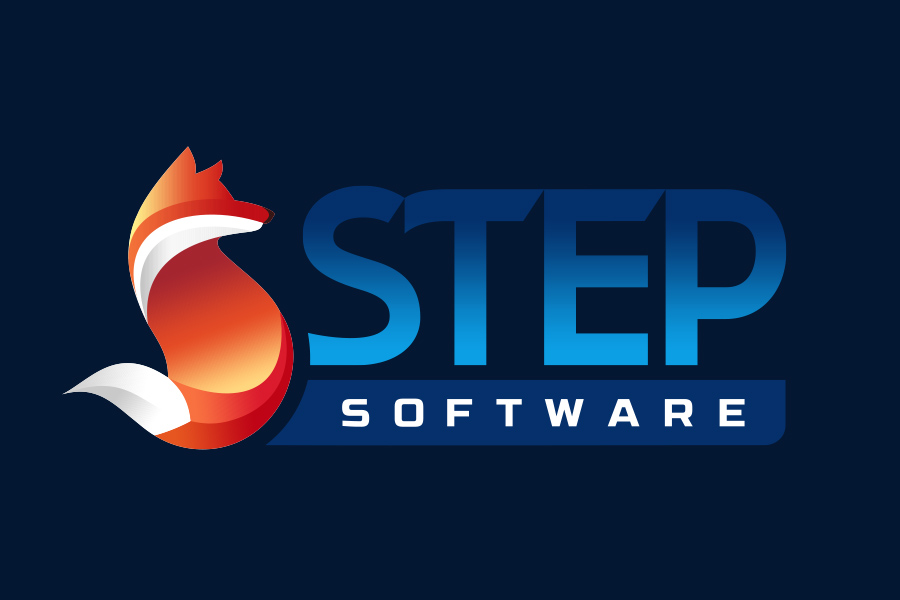OPERATING SYSTEMS
A simple way to define an operating system (OS) is the foundational software that runs a computer or electronic device, the translator between human input and computer output, and the normalizer between the programming interface and the hardware.
HISTORY OF OPERATING SYSTEMS
Modern-day devices generally contain one of the three most prominent operating systems, Windows, macOS or Linux, but computers have not always contained an OS.
The earliest computers were mainframes; single task machines that were slow and required advanced skills to use them. These massive machines relied on users loading the programs manually through a punch card or magnetic tape system. As mainframes became faster and more powerful, the lag in operations was entirely human in nature. Necessity being the mother of invention led to GM developing the first operating system for their IBM mainframes in 1955.

The 60’s nurtured the operating system market with Academia, research, and tech companies each releasing their respective versions. The OS landscape changed dramatically in 1969 when AT&T released the earliest version of UNIX for Bell Labs. UNIX quickly earned the reputation of being one of the most interactive and adaptable systems which was also cost effective, an unheard-of combination at this time.
The 70’s, 80’s and 90’s continued the growth trajectory as personal computing brought operating systems into our homes, with IBM, Apple, and Microsoft quickly becoming household names. Most modern-day systems found their foundation in the late 70’s with UNIX, or the mid 80’s with Windows 1.0. Mac OS X and Linux (the first open-source OS) are both UNIX based systems while Windows remains part of the Windows 1.0 lineage.
Mobile computing, and the expansion of proprietary and open-source technology has fueled the growth of the 21st century operating systems space. Windows and macOS have taken command of the desktop market, while Linux remains preeminent on web servers, network appliances, and super computers. The mobile space leaders remain largely unchanged with iOS (based on Apple’s mac OS), and Android (based on Linux) being the dominate competitors.
Some of our most experienced developers have been developing for operating systems since the 1970’s, rest assured, if it was developed, we have experience with it.
WHICH OS IS RIGHT FOR MY PROJECT?
Each operating system has its strengths and limitations, and understanding these intricacies is a service we offer to all our customers. When looking at which OS is right for your device, cost often determines the path forward. However, other factors should be considered including security, user interface, software availability, flexibility, and customization. Understanding your project goals and timelines are equally important when considering which operating system is most appropriate.
We would be thrilled to discuss your project goals and needs. Drop us a line to see how we can help.